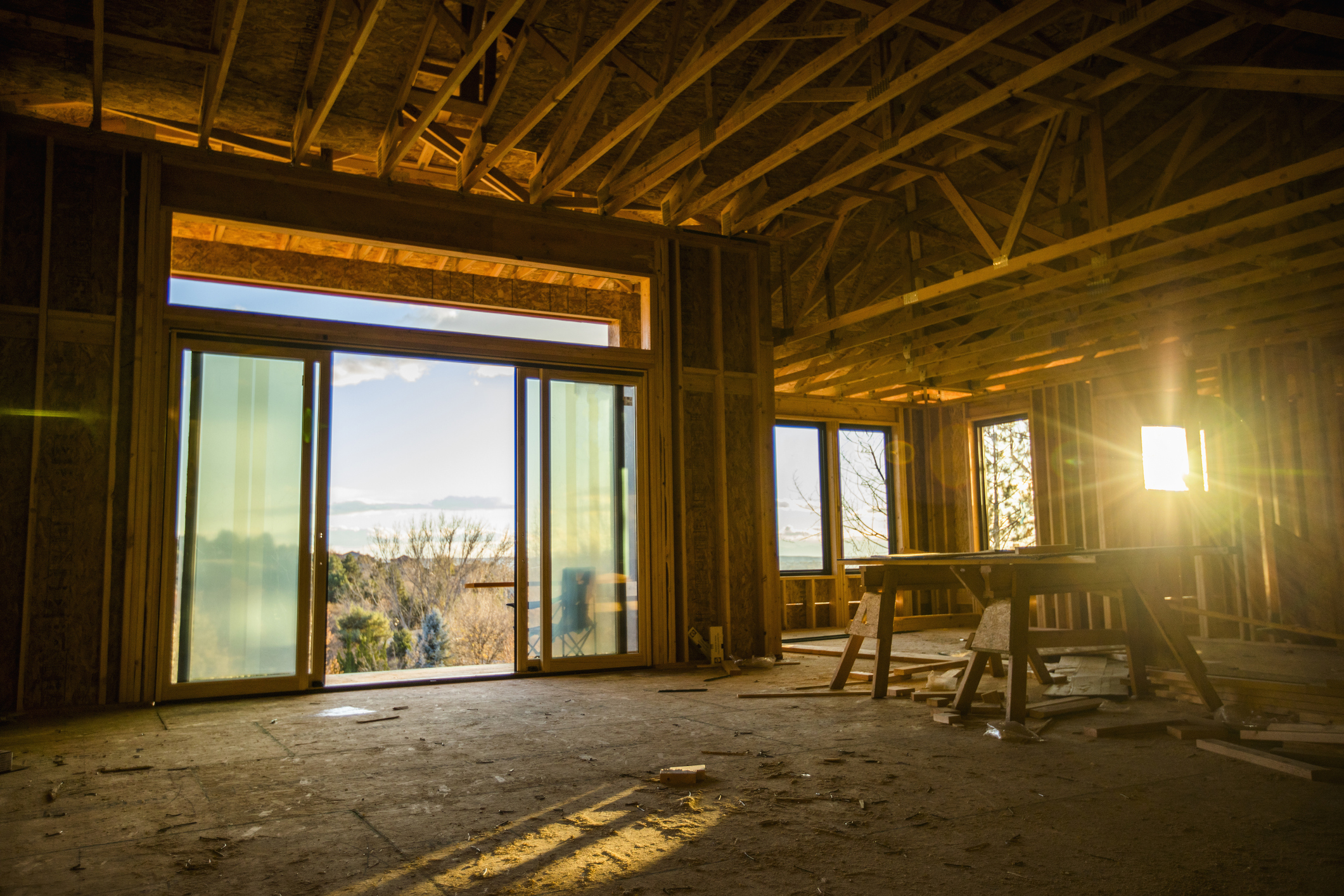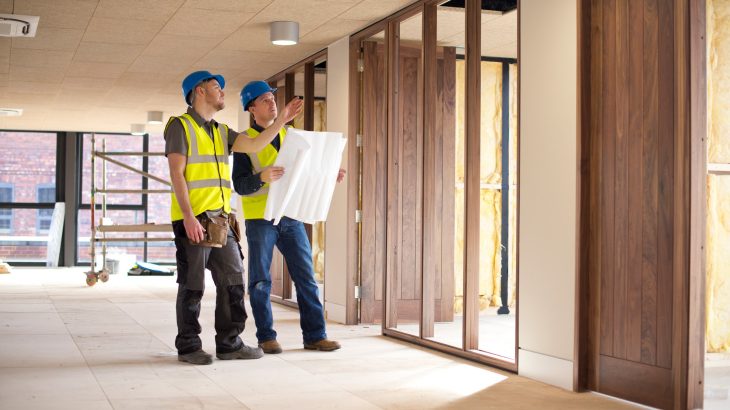If you are planning to sell your home or make renovations, it is crucial to know if your home has building code violations – information that can actually save you from going through trouble down the track.
Find Out When Your House Was Built
Every three years, the International Code Council’s commercial and residential building codes are revised and updated, and knowing when your home was built will allow you to see what changes have occurred in your jurisdiction’s building codes since it was built. Here are some general changes to keep an eye out for:
- Changes in wiring specifications, such as the elimination of aluminum wiring in residential construction (except for service entry wiring) and the requirement for ground fault circuit interrupters in wet areas. Other significant changes have occurred in the electrical trade.
- Many jurisdictions have implemented changes to site plan requirements in order to reduce flooding and storm water pollution.
- To prevent damage from severe weather conditions such as hurricanes, blizzards, and earthquakes, wind load and snow load requirements for strengthening structural elements for homes have been developed.
- Improvements to energy efficiency have been addressed, though they may not be specifically written into building codes. Many areas require the use of insulated or double-insulated HVAC ductwork, and minimum wall and ceiling insulation standards may apply in your area.
- In many windy areas, roofing installation and shingle wind resistance standards apply. In wildfire-prone areas, flame spread limits or nonflammable roofing may be required.
Investigate the Local Building Codes in Your Area
This information should be available at your local building inspection office or zoning and building department. You can also seek advice from experienced builders in your area. Because they are required to know the current codes, they will have a vast store of knowledge in building codes and will likely remember changes they have seen over the years.
Discover Who Built Your House

If the builder is still in operation, he or she may have construction records, as well as contract drawings and copies of permits required at the time of construction. These will provide you with detailed information about your home’s construction. Check your local building department’s records for plans, permits, inspections, and so on.
The contractor may or may not still be in business or even alive in some cases. If the company is still in operation, ask the company’s heirs if they can assist.
Alternatively, your local planning authority or municipality responsible for building codes and resource consent may be able to provide drawings, plans, and other useful materials in many cases.
Consider Hiring a Private Building Inspector to Perform a Home Inspection
Many real estate transactions and home sales necessitate these inspections, and a licensed, trained inspector should be aware of any code requirements that may apply to your home.
When hiring an inspector, look for someone with a lot of experience and a good reputation in the industry. If building inspectors are required to be registered or to belong to a professional body, make sure to request these quality assurance indicators.
If you had your home inspected as part of a purchase, read the report again, or if it has been many years since you moved in, you should consider having a new inspection performed.
Make Your Own Determination as to Whether You Are Capable
While removing a brick from a wall to inspect the installation of masonry anchorages or brick ties (which is usually required by code), you may be able to look for hurricane clips on roof framing members in your attic, as well as examine the depth of attic insulation, wiring cable strapping, junction box cover installation, and other roof/attic construction details.
After Researching Your Local Building Codes and Inspecting Your Home Yourself, Go to Your Local Building Department
Enquire with the staff if they offer a courtesy re-inspection of your home to ensure compliance with local codes. Depending on how the office is run, they may offer a free inspection service or charge a fee to inspect your home.




















2 thoughts on “How to Know if a House Has Code Violations?”